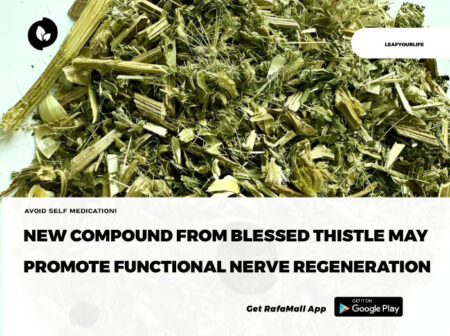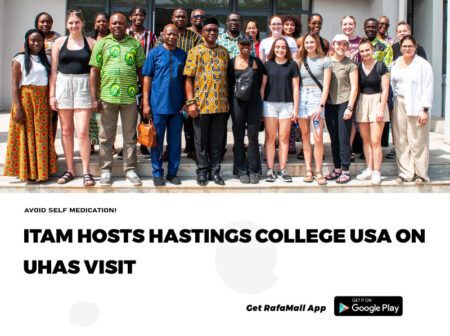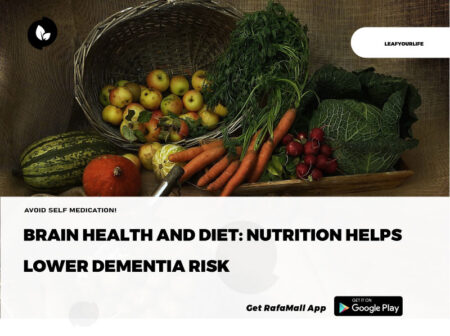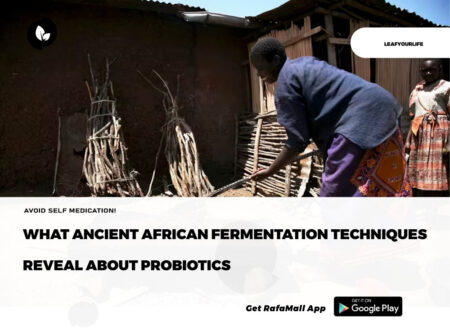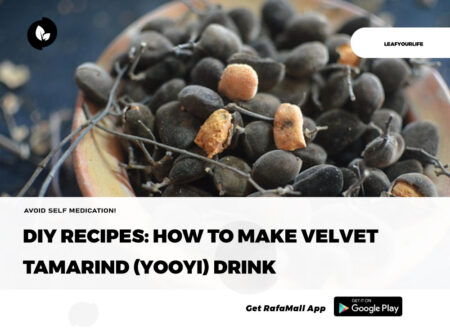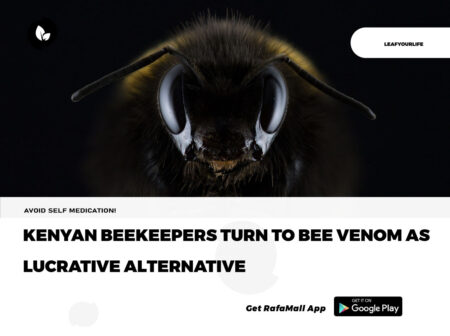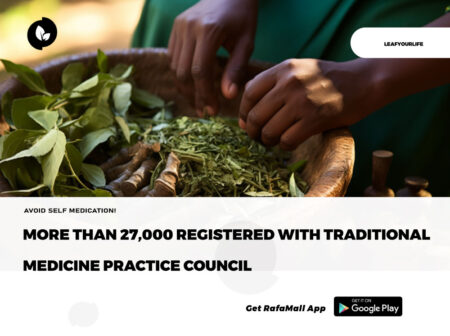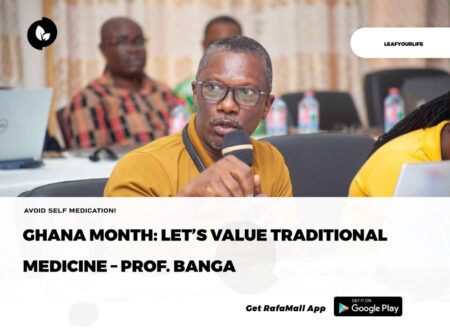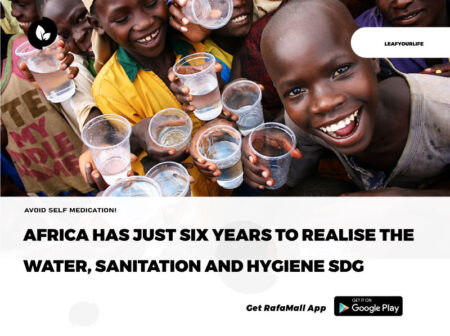
Natural herbs and spices imageOne of the most outstanding events that the COVID-19 pandemic has brought about is the universal search for a cure. There are ongoing massive levels of research in various disciplines such as immunology, infection, and other related disciplines. The many types of research for a cure include that of traditional medicines. Notably, there is a level of detailed research in the area of medicinal plants particularly because of claims of cure made by practitioners in many jurisdictions.
The case of Madagascar cannot be left unmentioned, and recently some practitioners in Nigeria have also announced a COVID cure. With the claim of a cure from their herbal remedy, Madagascar continues to make important strides in containing the pandemic in their country. There have been calls for further research into the herbal products to which claims of COVID cure are made. That is welcome news though some persons who recovered from COVID-19 infection have attributed that to the efficacies in herbal remedies they took. There are numerous reports of people using homemade remedies for prevention and treatment purposes.
Ghana has been successful in completing preliminary research on a number of herbal products. Results of analysis available name nine products that could be used in the management of COVID-19 cases. It is heartwarming to know this outcome after weeks of expectation. The recommended products have already been certified by the Food and Drugs Authority (FDA). The next level is to make the products available to people who test positive and are in isolation. It is important for the nation to have a clearly defined protocol to administer herbal products to COVID-19 patients because at the moment there is no roadmap to that.
In designing protocols, a number of options may be considered but cannot be achieved if the collaboration of major stakeholders is lagging. There should be consensus-building between the Ghana Health Service (GHS), the Ghana Medical Association (GMA), the Ghana Association of Medical Herbalists (GAMH), and the Ghana Federation of Traditional Medicine Practitioners (GHAFTRAM). This is because currently all isolation centers are under the Ghana Health Service and they are manned by medical practitioners such as those belonging to the GMA. If herbal medicines are to be prescribed and patients observed for the outcome, Medical Herbalists (MHs) are qualified to do so using products largely produced by members of GHAFTRAM. Each of the parties must agree to lay down protocols for a harmonious delivery of this critical service.
In designing a protocol, another option could be that those self-isolating be prescribed herbal medicines and monitored by MHs while at home. Reports are that that self-isolating is not critically ill or may be asymptomatic. Other options to adopt could also be that since there are many asymptomatic persons in the communities, the Nation decides that the entire population takes particular herbal medicines to help relieve symptoms or prevent the occurrence of the condition.
Political will form state actors and collaboration are therefore major considerations. There must be an understanding that common interest is being sorted. Namely, the cure of those infected and the overall protection and health of the general population. Entrenched positions and competing interests would work against such a goal. All hands must be brought on deck.
OWUSU YANKYERA
The writer is a public health expert, a regulator of traditional medicines and a
member of Ghana Association of Medical Herbalists
benedictiow@outlook.com

